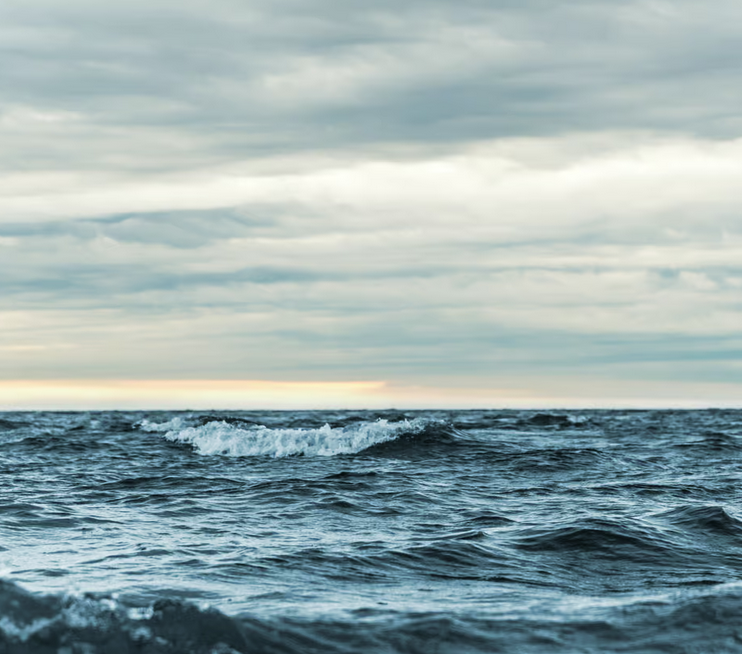
“What surprised us were the deleterious effects of natural fibres on oyster digestion and immunity,” explains Camille Détrée, senior lecturer in marine biology at the University of Caen-Normandie, quoted in a press release.
“The roughness of the surface of natural fibres is greater and probably causes greater inflammation of the digestive walls during transit”, she says.
The textile industry also uses up to 8,000 different chemical components to improve the properties of clothing, dyeing or pesticide treatment, calling into question the supposed harmlessness of natural fibres, according to the authors.
Every year, around 2 million tonnes of microfibres, mainly of natural origin, are discharged into the oceans, largely via domestic washing machines, before being ingested by marine organisms, according to the study conducted by scientists from Ifremer, the Université de Bretagne Occidentale, the CNRS and the Université du Mans.
They exposed hollow oysters to natural (wool, organic and non-organic cotton) and synthetic (acrylic, nylon and polyester) textile microfibres and their chemical additives for 96 hours. They then studied the oysters’ ability to ingest these microfibres and compared the effects on their health.
A first experiment was carried out with a concentration of 10 microfibres per litre, considered to be the average level in the oceans, and a ‘disaster’ scenario with a concentration of 10,000 microfibres per litre.
“We did not observe any greater effects on oysters exposed to high or low concentrations of microfibres. This suggests that a low environmental dose is sufficient to trigger effects on their health”, explained Mrs Détrée.
According to Arnaud Huvet, marine biologist at Ifremer and co-author, the study shows that microfibres of natural origin “do not seem to have any less impact than synthetics on the health of oysters”. “However, it is important to bear in mind how long they persist in the marine environment: a few weeks or months for 100 per cent natural fibres, compared with tens or even hundreds of years for synthetic materials”.
Rather than promoting natural fibres, the authors advocate the adoption of “slow fashion” to extend the life of clothing. (AFP)
Read more – Fashion United
